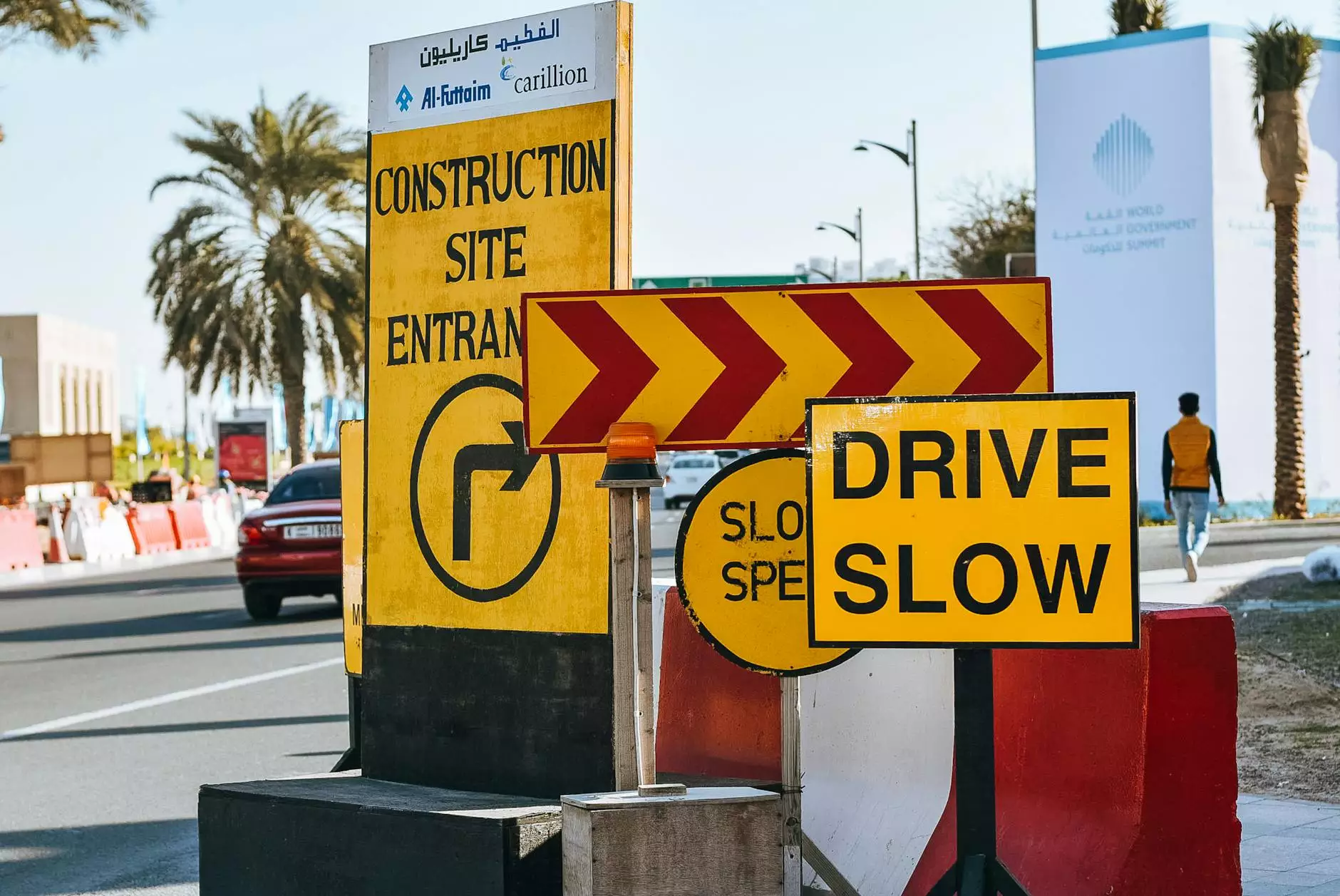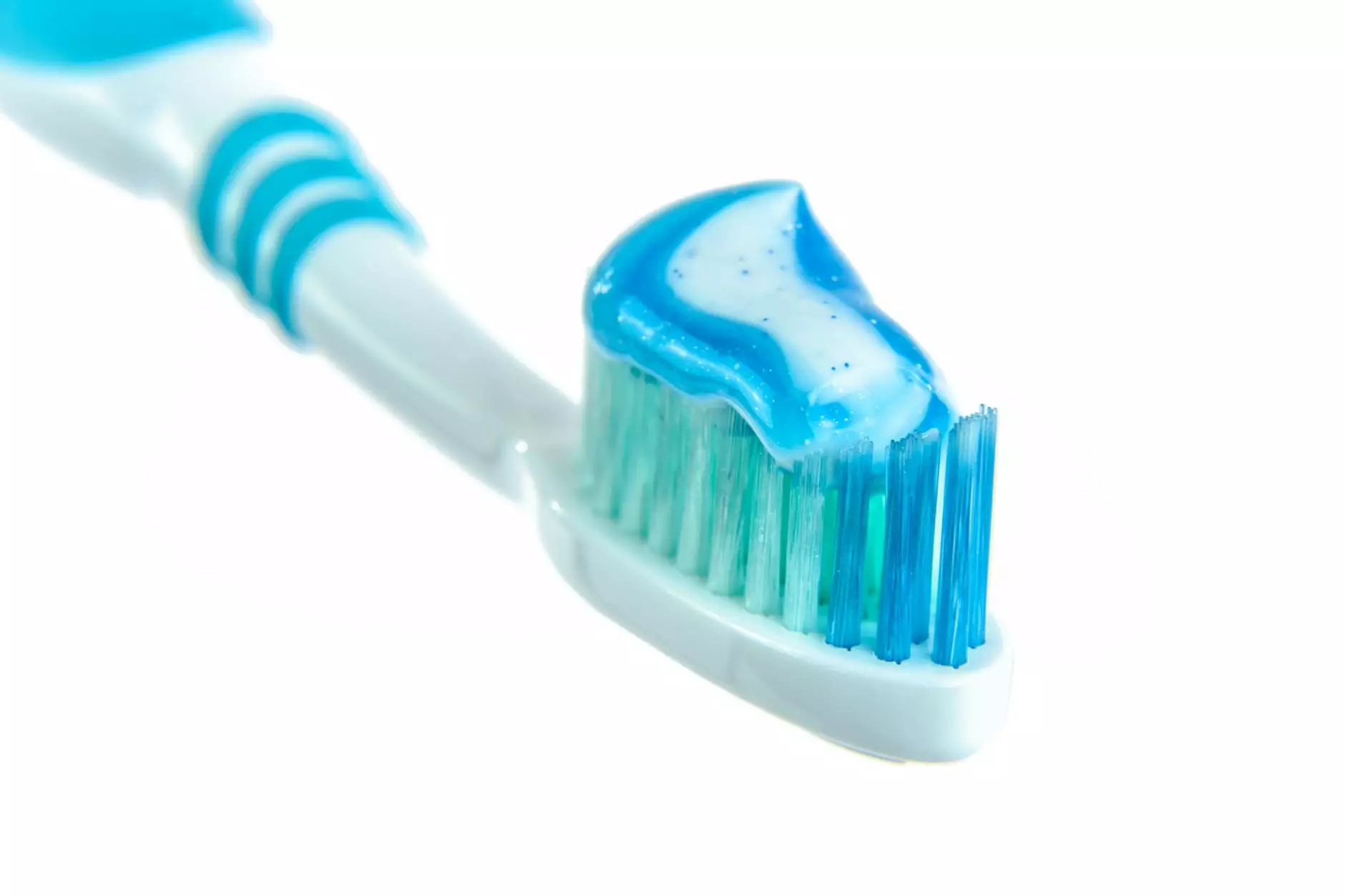Why Is My WordPress Site So Slow? 4 Ways to Speed It Up
Blog
Introduction
Welcome to Website SEO Group, the expert in Business and Consumer Services - SEO services. In this article, we'll delve into the common reasons why WordPress sites tend to be slow and provide you with four effective solutions to speed up your website's performance. We understand the importance of fast loading times for user experience and search engine rankings, so let's get started!
1. Optimize Your Images
One of the main factors that can slow down your WordPress site is large and unoptimized images. High-resolution images with large file sizes can significantly increase page load times. To address this issue, consider the following steps:
- Resize your images to the appropriate dimensions for web display.
- Compress your images using tools like Imagify or Smush It to reduce file sizes without compromising quality.
- Implement lazy loading to defer the loading of off-screen images until they are needed, improving initial page load speed.
2. Utilize Caching
Caching involves storing static versions of your WordPress pages and serving them to visitors, reducing the need for dynamic generation with each request. When implemented correctly, caching can significantly boost your site's speed. Here's how to leverage caching:
- Install a caching plugin like WP Rocket or W3 Total Cache to automatically create and serve cached versions of your pages.
- Enable browser caching, instructing visitors' browsers to store static assets like images, CSS, and JavaScript files for faster subsequent visits.
- Utilize server-side caching mechanisms, such as Varnish or NGINX FastCGI Cache to reduce server response times.
3. Optimize Your Website's Code
Poorly optimized code can slow down your WordPress site. Keep your website's codebase clean and efficient by implementing the following practices:
- Minify your HTML, CSS, and JavaScript files by removing unnecessary comments, whitespace, and code.
- Combine and compress your CSS and JavaScript files to reduce the number of HTTP requests needed to load your site.
- Use asynchronous loading for JavaScript, enabling files to load simultaneously for improved speed.
- Implement browser caching for static resources like CSS and JavaScript files.
4. Choose a Reliable Web Hosting Provider
The quality of your web hosting provider can have a significant impact on your site's speed. Ensure you choose a reliable provider who offers:
- Faster servers with SSD storage for quicker data retrieval.
- Content Delivery Network (CDN) integration for distributing your website's content across multiple servers globally.
- Optimized server configurations specifically tailored for WordPress sites.
- Adequate bandwidth and scalable resources to handle traffic spikes.
Conclusion
In conclusion, improving the speed of your WordPress site is crucial for both user satisfaction and search engine rankings. By optimizing your images, utilizing caching, optimizing your website's code, and choosing a reliable web hosting provider, you can drastically enhance your site's performance. Trust Website SEO Group, a top-tier name in Business and Consumer Services - SEO services, to guide you in enhancing your WordPress site's speed and outranking your competitors. Contact us today and let's accelerate your online success!










